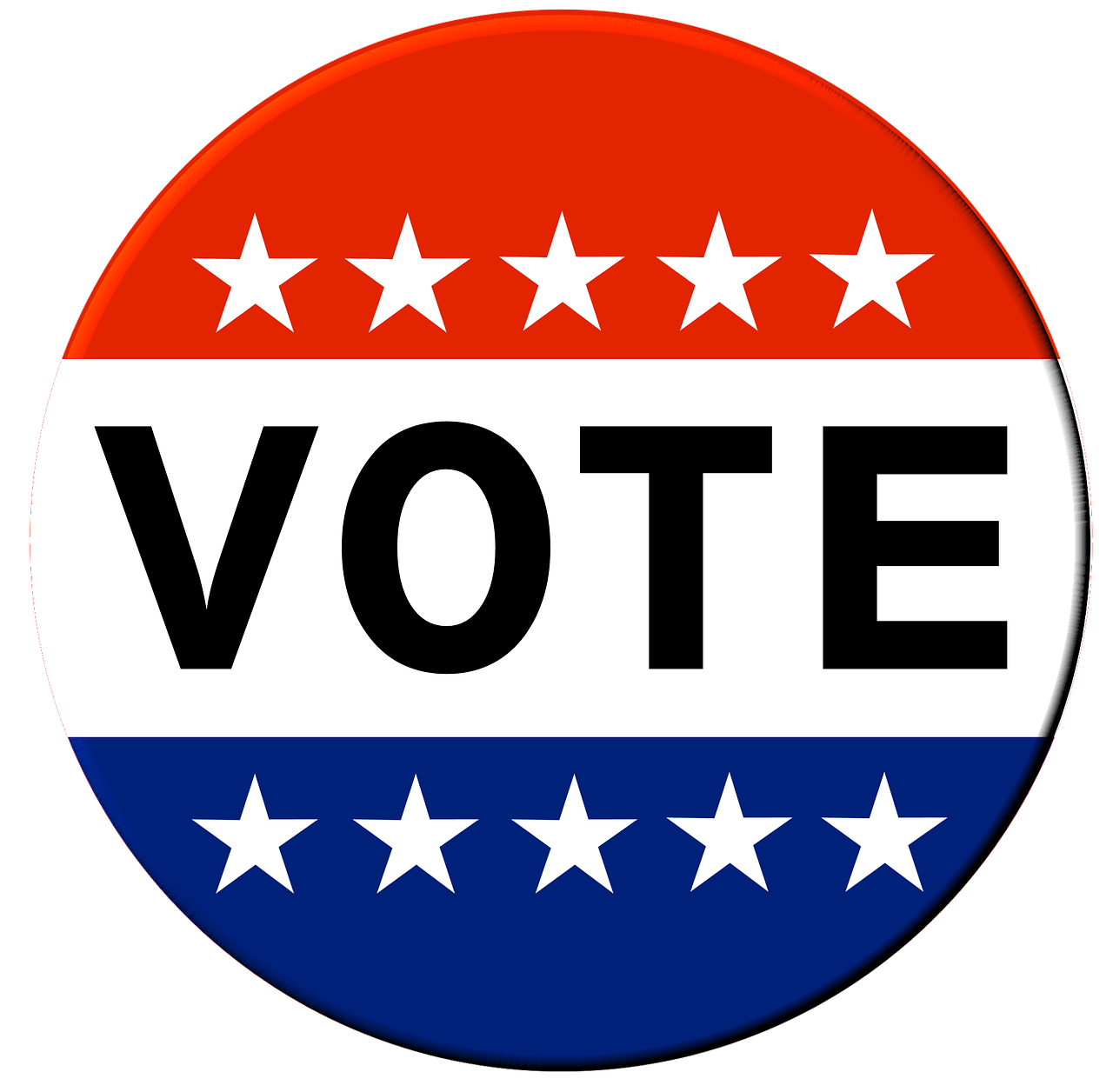Everything You Need to Vote

November 3, 2020 is Election Day and it’s coming up on us quick.
We want to help you prepare. Here’s everything you need to do to make sure your vote counts this year.
Make sure you’re registered
Don’t wait until late October to get ready to vote. In some states, the deadline to register to vote is 30 days before Election Day.
Check your voter registration status today.
To do that, you can head to the Can I Vote? webpage.
The National Association of Secretaries of State (NASS) runs this page, which helps you because each state’s voter registration process is different.
Head to their Voter Registration Page and choose your state. That will redirect you to your state’s voter registration check.
You’ll need to put in some personal information to check your status. Sometimes this includes your driver’s license number or the last four digits of your social security number.
If you find out you’re not registered to vote, don’t panic. As long as you’re 30 days out from the November 3 date, you can still register in every state.
Check Your State’s Registration Date on This Calendar from When We All Vote

Figure Out How to Cast Your Vote
Once you’re registered, figure out if you’re going to vote in person or via mail-in ballot.
In-person voting
To vote in-person, you show up to a polling place on November 3.
Pick your state on the NASS Find Your Polling Place. Then you’ll be sent to your state’s website.
Most states have tools that help you find polling places near you.
On Election Day, you will probably need to bring some form of ID. Check your state’s laws on the National Conference of State Legislatures Voter ID Requirements page.
You can also usually call your polling place and ask what you need to bring.
Types of documentation vary so make sure you read your state’s specific requirements.
On November 3, show up to your polling place with your documents.
The poll worker will guide you through the steps. That’s it.
Mail-in ballots
Most states also offer mail-in (also called absentee) ballots for people who don’t want to vote in-person.
Every state offers absentee ballots, but some states require a reason for needing to vote in this way.
Because of COVID-19, though, many states have loosened restrictions. Some states are even sending absentee ballots to all voters.
In other states, you’ll need to request an absentee ballot if you want to vote by mail.
NASS has more tools you can use here. Visit their Absentee & Early Voting page and choose your state.
That should send you to your state’s webpage where you can access the application for an absentee ballot.
In most states, you need to request your absentee ballot a week or two before Election Day.
Then, you need to send it in before November 3 in many cases.
To find out your state’s deadlines, you can use this chart from Vote.org.
Once you get your absentee ballot, make sure you fill it out accurately.
Usually, you’ll need to sign the ballot in a couple of places, including on the outside of the envelope you send it back in.
Educate yourself before you vote
There’s one more thing you need to do before you vote: research.
Even if you already know how you’re going to vote in the presidential election, remember there are many state and local issues on your ballot.
Ballotpedia has a helpful tool here. Use their Sample Ballot Lookup tool.
Input your address to pull up your sample ballot.
Your sample ballot will show you what ballot measures you can vote on.
Plus, you’ll see federal, state, and local government seats that are up for election so you can make your picks.
Research the measures and people you’ll be voting on so you can make educated decisions on your ballot.
Your vote counts.
by Kacie Goff Varo Bank
The information being provided is strictly as a courtesy. When you link to any of these websites provided herein, Comprehensive Benefits of America, LLC makes no representation as to the completeness or accuracy of information provided at these sites. CBA does not provide professional financial, investment, tax, or legal advice. You should seek certified financial planners, CPAs, and attorneys for advice relative to your personal needs. See full Disclosures and the CBA Security and Privacy policies.


